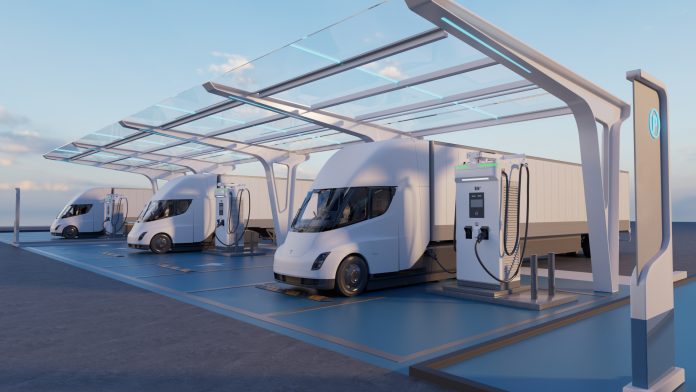Electric autos are gaining greater popularity every day owing to the recognition of the necessity of environmentally friendly and cost-efficient mobility. The possibility of charging their EVs—especially with DC fast chargers, which charge EVs substantially quicker than with traditional AC charging—is another crucial thing to take into account. Nevertheless, EV DC charger deployment can be costly at times, and thus the installation can be a big investment. This article examines the cost that goes into the installation of a dc electric car charger and the factors that determine them.
Factors Influencing the Price of EV DC Charger Installation
Charger Capacity
The stationary charging limit of the DC charger is one of the main factors that determine installation expenses. DC chargers are listed in different power capabilities, which are normally in the range of 50 kW up to 350 kW. Circuit taken on these chargers has high capacity and hence will charge faster compared to the other chargers but they are costly.
Location
Urban areas may have higher costs of doing business due to issues such as the cost of permits, cost of labor, and the cost of transportation. On the other hand, the clients in rural regions could have additional costs which are in connection to the provision of electrical power to the place. Additionally, the area may also dictate additional site works that may be necessary including excavation, laying down of concrete, or any alteration that may be needed on the surface where the equipment is to be placed.
Electrical Infrastructure
Even in the use of electrical energy, the structural development of the installation site plays a major role in the cost. Some sites may have a good electrical capacity that hardly needs upgrading while others may be lacking in electrical capacity and hence will need a major upgrade. This could involve replacing the transformers, adding more electrical panels, or extending the high-voltage line directly to the site. These electrical installations may be among the biggest costs within the process of installation.
Site Preparations
Site preparation can also increase the cost involved in constructing the building since it involves the actual physical preparations of the site for construction. This entails, for instance, digging up the surface of the ground, laying down tarmac/pavement, and building foundations of the charging equipment. However, extra components such as bollards or fencing that need to be established to safeguard the equipment from harm will cost more.
General Cost Range
The cost of installing an EV DC charger depends on several factors, and hence, expensive. In general, the cost of installation is estimated to be anywhere between a few thousand dollars to tens of thousands of dollars in some cases. For instance, the cost of a basic charger installation that can deliver 50 kW power could range from $10,000 depending on the equipment and simple installation work. On the other hand, a quick 50 kW or 100 kW DC charging system installation can cost less than $40,000, while a high capacity 150 kW or 350 kW charger installation can easily cost more than $40, 000 especially if many electrical works and preparations are needed.
Conclusion
The cost of installing an EV DC charger is considerably high and depends on the charger’s capacity, the place of installation, additional electrical infrastructure, and the preparations that are required. Even though costs might differ significantly, it is important to consider these factors that can help a future installer estimate the costs and think through the process. With the growing need for charging installations, the prices are expected to reduce over the given period to allow various businesses and municipalities to embrace the shift to EVs.












